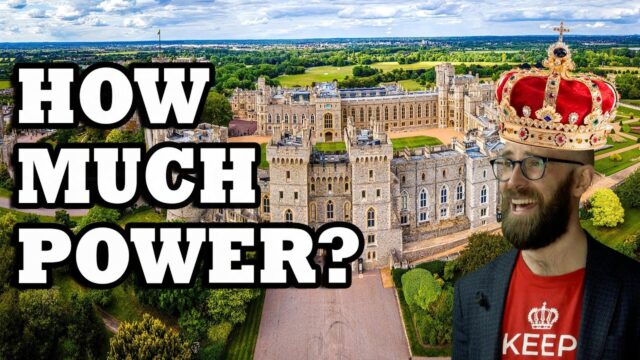“Unraveling the Myths: The Surprising Reality of Medieval Monarchical Power Revealed!”
As such, they could wield and project an enormous amount of influence over worldwide affairs. Some of the most notable tools at the Popes’ disposals included:
Excommunication. Described by Britannica as a
‘Form of ecclesiastical censure by which a person is excluded from the communion of believers, the rites or sacraments of a church, and the rights of church membership but not necessarily from membership in the church as such’
Considering that European monarchs often based their legitimacy on the Catholic faith, being excommunicated was quite a big deal. As mentioned earlier, King John begged Pope Innocent III for forgiveness in 1215, after a previous quarrel had led to his excommunication.
Which leads us to the second tool:
Vassalage!
As a prerequisite for revoking excommunication, Innocent effectively placed John under his vassalage, requiring the payment of an annual tax of 1,000 marks.
If a monarch brushed off excommunication, and refused to become a vassal of the Pope, the Pontiff could issue an act of
Deposition!
In other words: declaring that a monarch or baron no longer had the right to rule, and their lands were up for grabs! The principle of deposition was developed by the Papacy at the end of the 12th century, with Innocent and Honorius being the first to use it as a threat.
In particular, they used it to threaten rulers accused of being heretics, or simply of failing to persecute heresy. In a notable example, in 1217 Honorius III wrote to King James I of Aragon, scolding him for his support of Cathar heretics in French Languedoc. Should the King continue to do so, the Pope would declare Aragon open to invasion.











